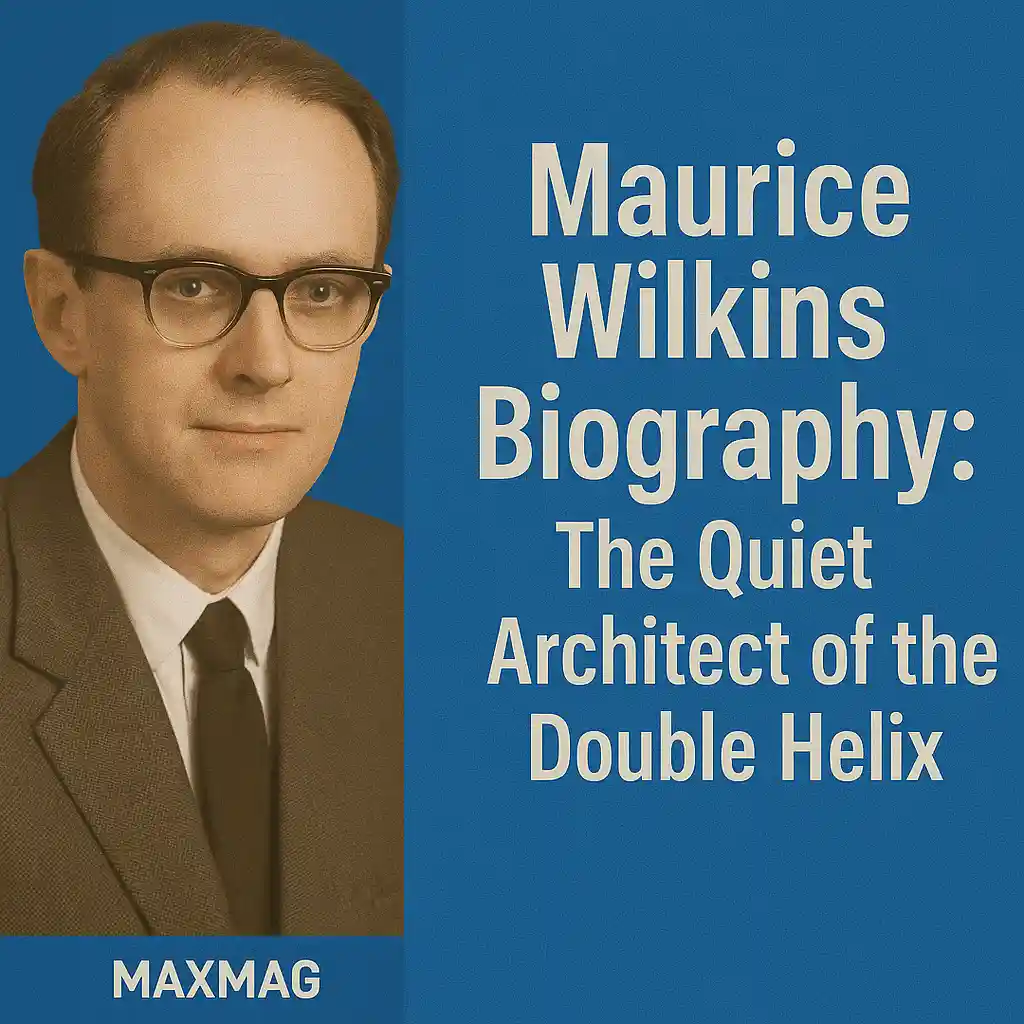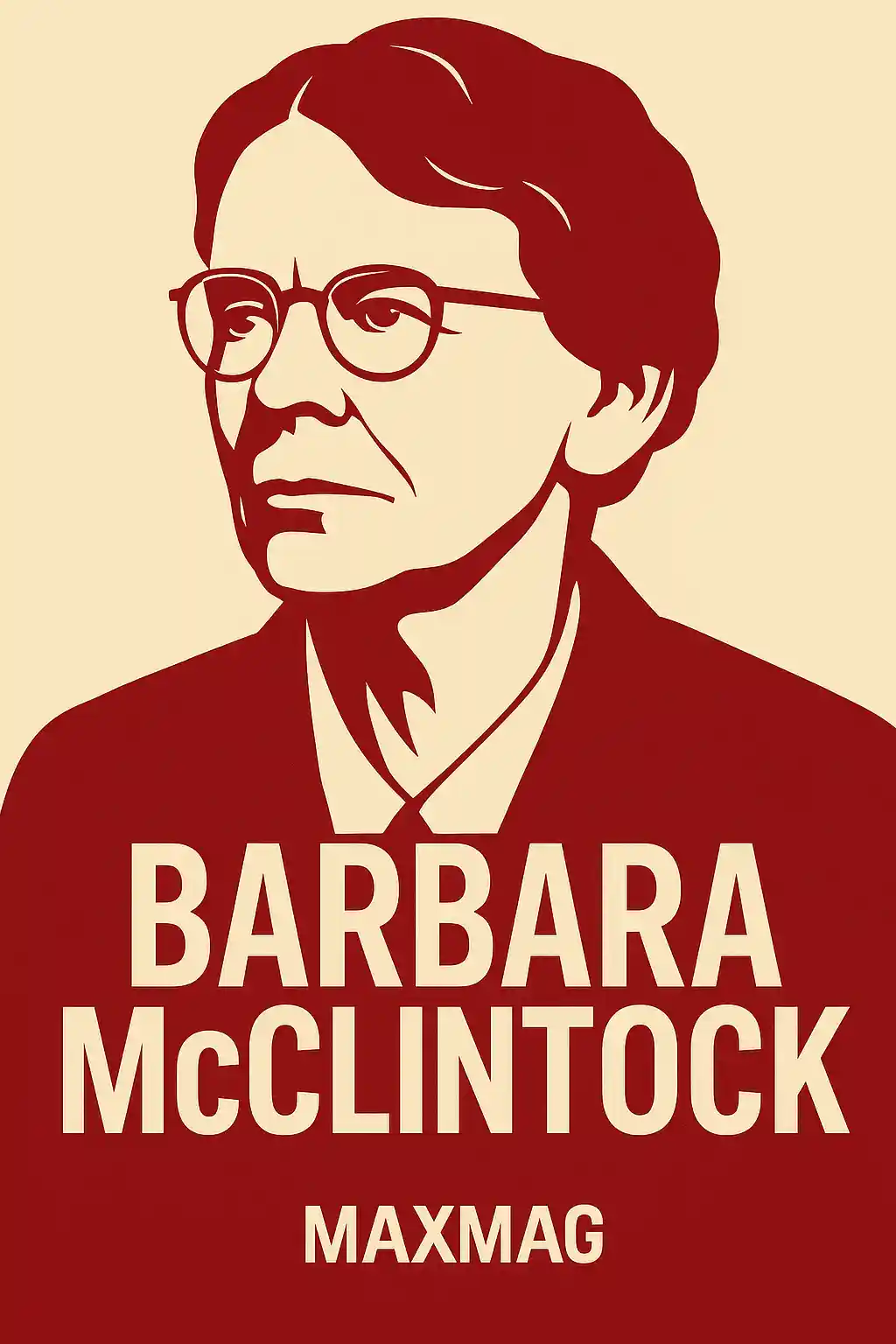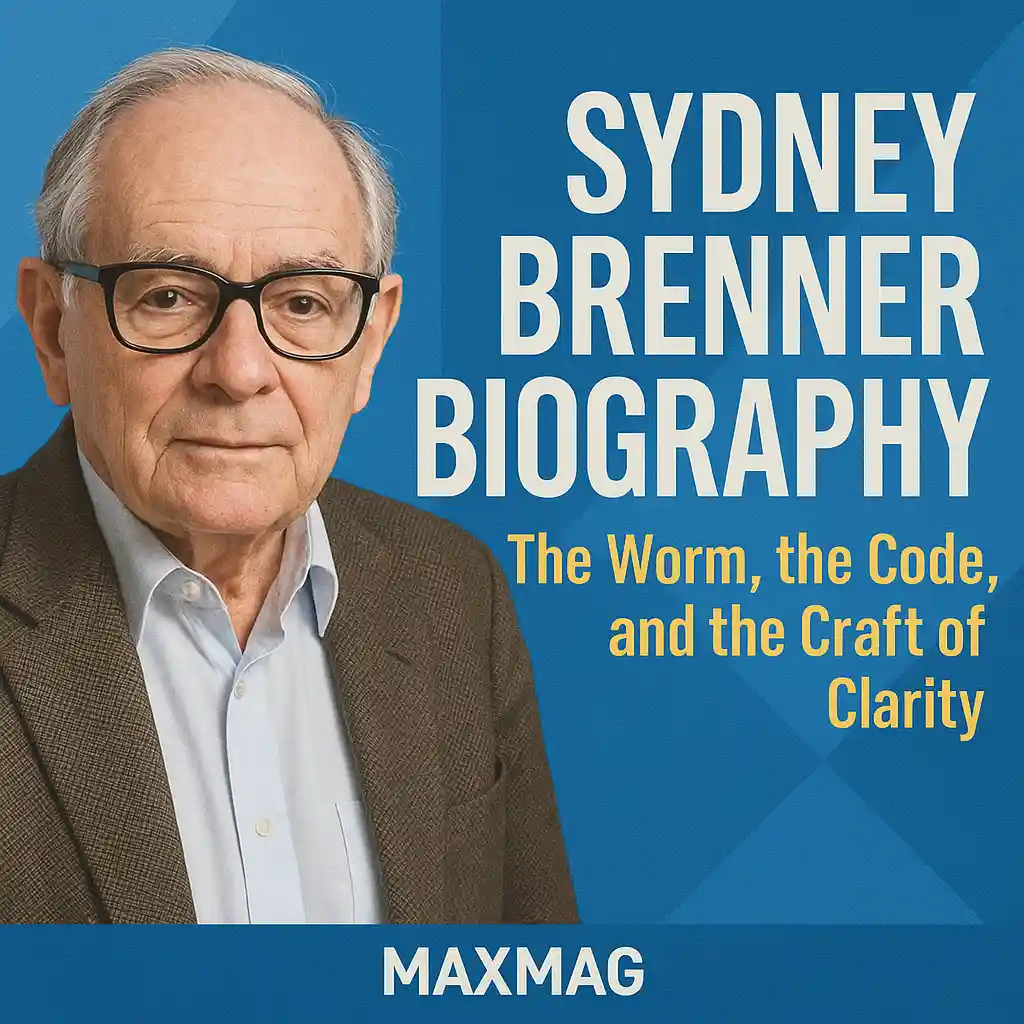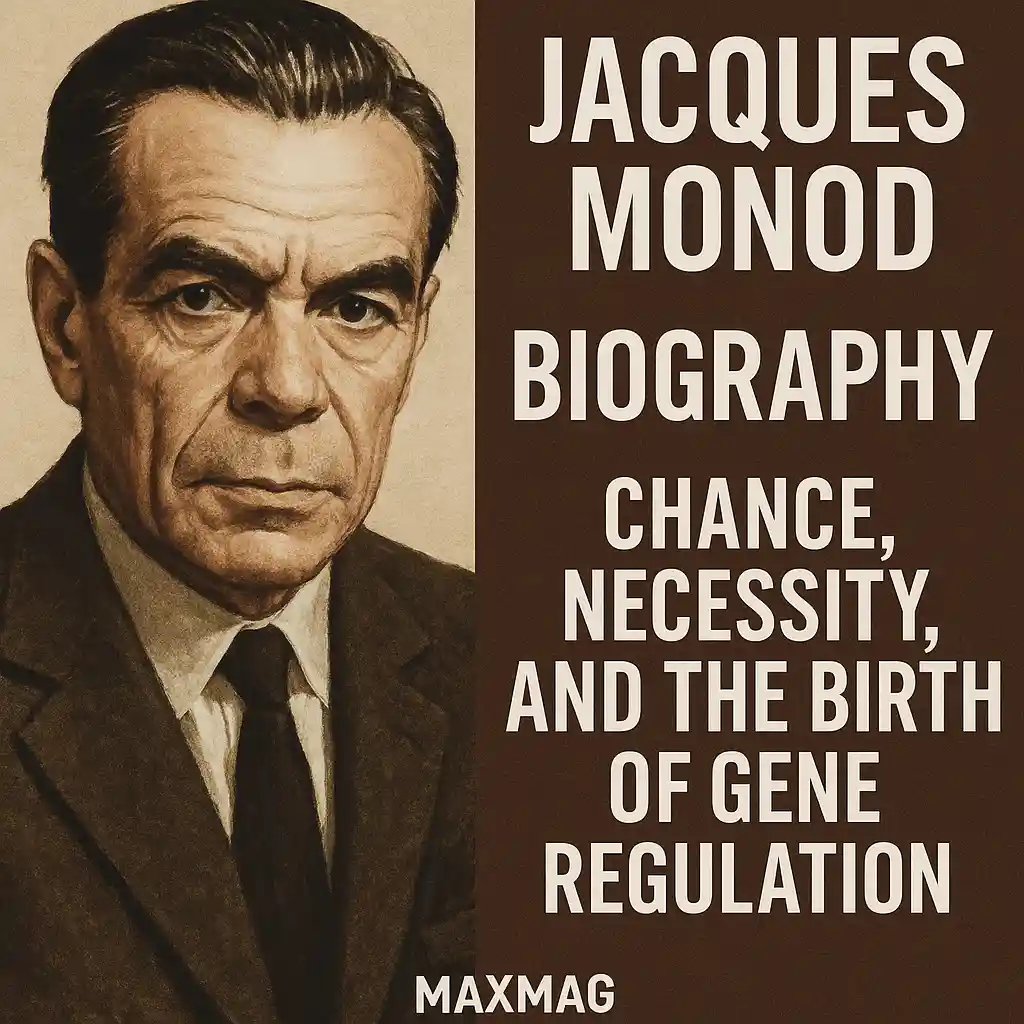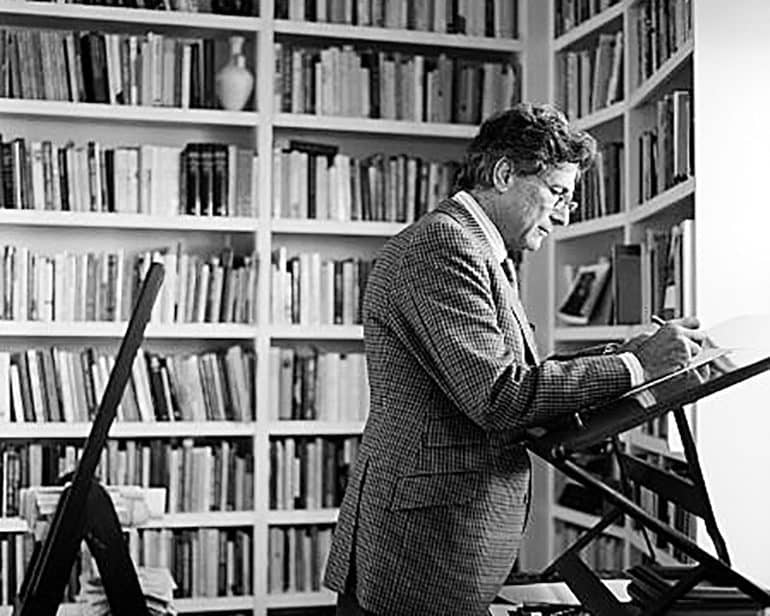
The Edward Said biography is one of profound intellectual depth and political activism. Edward Said was a renowned academic, political activist, and one of the most influential intellectuals of the 20th century. His biography is a testament to a lifetime of advocacy for Palestinian rights and the establishment of an independent Palestinian state. Said’s life and work left a profound mark on global thought and activism, particularly through his groundbreaking book Orientalism. This work remains a cornerstone of post-colonial theory and continues to shape the study of cultural and political relations between the West and the East.
Early Life and Education
Edward Said was born on November 1, 1935, in Jerusalem, and his early years played a significant role in shaping his intellectual and political views. His Edward Said biography reflects a life shaped by conflict and displacement, as his family moved to Cairo in 1947 to escape the escalating violence in Palestine. Said’s formative education at Victoria College in Cairo, where he was classmates with future King Hussein of Jordan and actor Omar Sharif, marked the beginning of his academic journey. However, his expulsion from the school in 1951 led to his transfer to Northfield Mount Hermon, a boarding school in Massachusetts, where he graduated in 1953.
Academic Pursuits and Career
Said’s academic career is a central chapter in his Edward Said biography. He began his undergraduate studies at Princeton University in 1953 and graduated in 1957. Following this, he pursued graduate studies at Harvard University, where he earned his Ph.D. in English literature in 1964. It was at Columbia University in 1963, however, where he truly began to make his mark as an intellectual. His work at Columbia, eventually earning him a full professorship in 1969, focused on English and comparative literature, shaping generations of students in the process.
Orientalism: A Groundbreaking Work
No account of the Edward Said biography is complete without mentioning his seminal work, Orientalism. Published in 1978, Orientalism redefined how the West engaged with the East, particularly in terms of cultural and academic discourse. In this book, Said argued that Western scholars and intellectuals had created a distorted and biased representation of the East, which, in turn, justified and facilitated Western imperialism and colonialism. Through this work, Said laid the foundations for post-colonial theory, which continues to influence academic fields today.
Other Major Works and Contributions
Beyond Orientalism, Edward Said’s biography is rich with other influential works. He explored topics ranging from Palestinian rights to cultural imperialism in books like The Question of Palestine (1979), Covering Islam (1981), and Culture and Imperialism (1993). These works offered critical examinations of Western political policies and their impact on the Arab world, as well as the ongoing Palestinian struggle. Through his writing, Said challenged the prevailing narratives of the West and urged readers to reconsider their assumptions about power, identity, and the East-West divide.
Advocacy for Palestinian Rights
The advocacy for Palestinian rights is another key aspect of the Edward Said biography. Said was an outspoken critic of both Israeli policies and the Palestinian leadership’s concessions. From 1977 to 1991, he was a member of the Palestinian National Council, and during this time, he advocated for a peaceful resolution to the Israeli-Palestinian conflict. His support for Palestinian rights and his criticism of the peace process, particularly the Oslo Accords, marked a defining feature of his public life. Despite facing criticism and accusations of anti-Semitism, Said remained a steadfast voice for Palestinian self-determination.
Personal Life and Legacy
Edward Said’s personal life, as described in his biography, was as complex as his public persona. Born into a Palestinian Christian family, he found himself caught between conflicting cultural identities. Said’s dual identity as a Palestinian intellectual with both an Eastern and Western background was a source of both conflict and inspiration in his work. He was deeply affected by his sense of not fully belonging to either world, which he explored in his autobiography Out of Place (1999).
Apart from his academic and political work, Said was also a gifted musician. He was a talented pianist and served as a music critic for The Nation for several years. His cultural contributions extended beyond his writing, as he co-founded the West-Eastern Divan Orchestra in 1999 with conductor Daniel Barenboim. This orchestra, which brought together young musicians from Israel and Arab countries, aimed to foster dialogue through music and is one of his enduring legacies.
Edward Said passed away on September 25, 2003, in New York City after a long battle with leukemia. He was 67 years old. His death marked the loss of one of the 20th century’s most influential thinkers, but his work continues to resonate worldwide.
Frequently Asked Questions (FAQs)
1. What was Edward Said’s most famous book?
Orientalism (1978) is Edward Said’s most influential work, reshaping the study of Eastern and Western cultural interactions.
2. What did Edward Said advocate for?
He was an outspoken advocate for Palestinian rights and the creation of an independent Palestinian state.
3. How did Edward Said influence postcolonial studies?
Said’s book Orientalism is considered foundational to postcolonial studies, offering a critical examination of Western perceptions of the East.
4. What was Edward Said’s role in the Palestinian National Council?
Said was a member of the Palestinian National Council from 1977 to 1991, where he contributed to the political discourse surrounding Palestinian rights.
5. How did Edward Said view the Oslo Accords?
Said was critical of the Oslo Accords, believing that they failed to address the fundamental issues of Palestinian sovereignty and rights.
6. Did Edward Said have a personal connection to music?
Yes, Said was also a skilled musician and pianist, and he co-founded the West-Eastern Divan Orchestra to promote dialogue through music.

